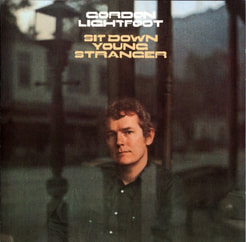
The music of Gordon Lightfoot can be described as a blend of folk, country, and pop styles, characterized by his distinctive baritone voice, intricate guitar work, and thoughtful lyrics. It was the lyrics of Lightfoot's songs are the hallmark of his music. He is known for his ability to write deeply personal and introspective lyrics that explore the universal themes of love (“If You Could Read My Mind”), loss (“Race Among the Ruins”), and the beauty of nature (“Spanish Moss”). His lyrics were often poetic and used vivid imagery to create powerful emotional connections with his listeners.
He could spin tales of real events like the melancholy “The Wreck of the Edmund Fitzgerald.” That song told the story of the loss of the cargo ship Edmund Fitzgerald on Lake Superior in 1975. Much like Bob Dylan’s “Hurricane,” the song took some poetic license with the actual facts of the story but it riveted a nation—in fact, two nations including Canada—with the story. He built on the universal fascination with ships lost at sea. Think of Henry Wadsworth Longfellow’s “The Wreck of the Hesperides” or Gerard Manly Hopkins’ “The Wreck of the Deutschland” or the movies concerning the Titanic.
But that song only built on his own growing fame and reputation. It started long before 1975’s “Wreck…” And, if I am entirely honest, “…Edmund Fitzgerald” was one of my least favorite of his works.
I was sitting watching TV in 1965. Mom and Dad had gone to bed and I woke up to watch “The Tonight Show Starring Johnny Carson.” Carson introduced me to much of the music that I still love today and, that night, Gordon Lightfoot performed “Early Morning Rain.” It remains one of my favorite pieces. Four years later, 1969, he was on “Hullaballoo” performing “For Lovin’ Me.” I thought he was even better.

I went to The Tape Deck a record store in my home town, a place I would later work, and bought the albums “Sit Down Young Stranger” on “Don Quixote.” I admit, I was drawn to “Don Quixote” because I had just read “Don Quixote” by Miguel de Cervantes and was intrigued to hear the musical interpretation. What I was not prepared to hear and experience was the song “Beautiful”—to this day my favorite Gordon Lightfoot song.
“At times I just don't know
How you could be anything but beautiful
I think that I was made for you
And you were made for me”
I was only 14 years old but this song put a vision and a longing in my head that would not be fulfilled until 2019, when I married Nicole. Almost 47 years later.
Many years and many albums later, in 2002, Gordon Lightfoot suffered a near-fatal ruptured abdominal aortic aneurysm, similar to the condition that took the life of actor John Ritter. He withstood six weeks in a coma, four surgeries, and two years of extensive rehab. His first extensive tour did not happen again until 2005.
He then suffered a minor stroke in 2006 that temporarily affected his ability to play guitar but he continued touring. Ten years later, he performed 80 concerts and told The Canadian Press, “At this age, my challenge is doing the best show I can.”
In an interview with the CBC in 2004, Lightfoot had said that he wanted to be like Willie Nelson and “Just do it for as long as humanly possible.” Then in April of this year, he announced that he was canceling all his scheduled concerts for health reasons.
On July 15, 2022, however, I finally got to take Nicole to see him at the Grand Theater in Wausau, WI. He struggled with his voice, often missing a note or a lyric here and there. But it was Gordon Lightfoot.
He played many of his great and best-known songs. But one was missing. He returned for a sing-song encore and, sitting with Nicole and holding her hand, he wonderfully performed “Beautiful.” The last words fading out,
“And I must say it means so much to me
To be the one who's telling you,
I'm telling you,
That you're beautiful”
Farewell, Gordon Lightfoot. Thanks for giving me the vision of what life and love could be.
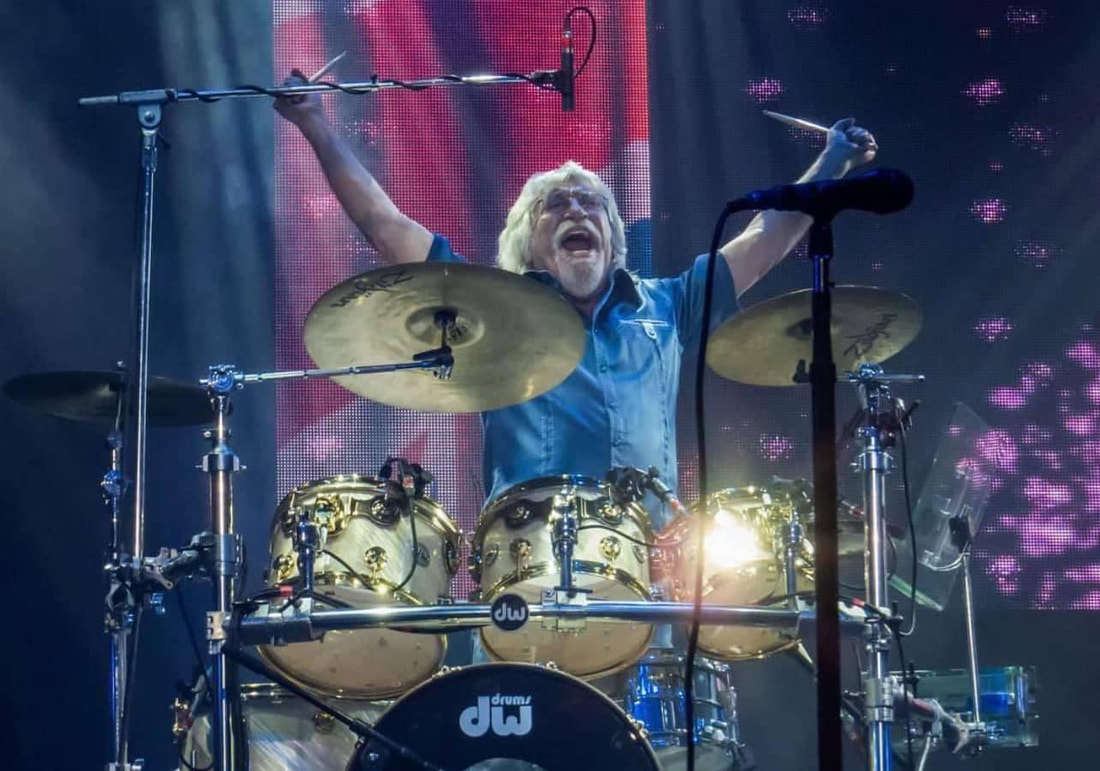
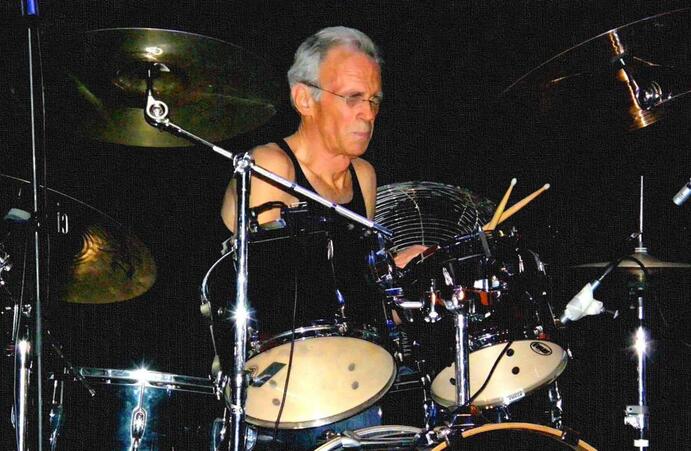
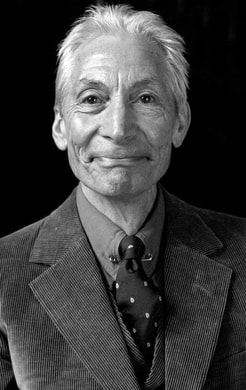
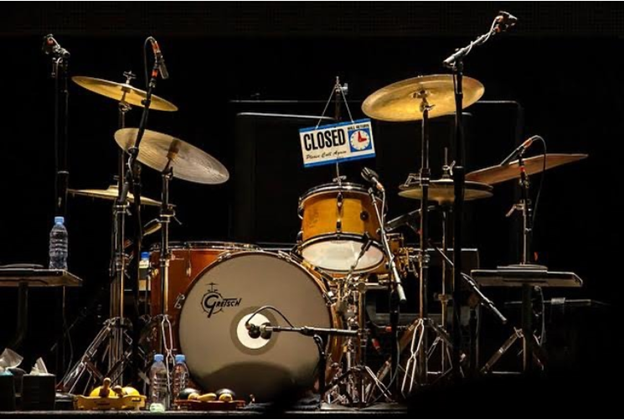
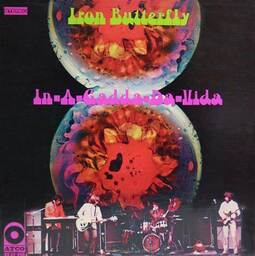
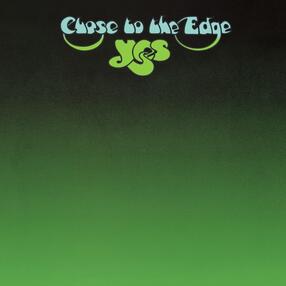
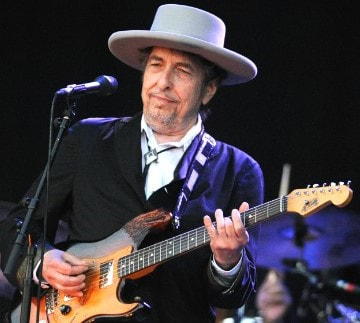
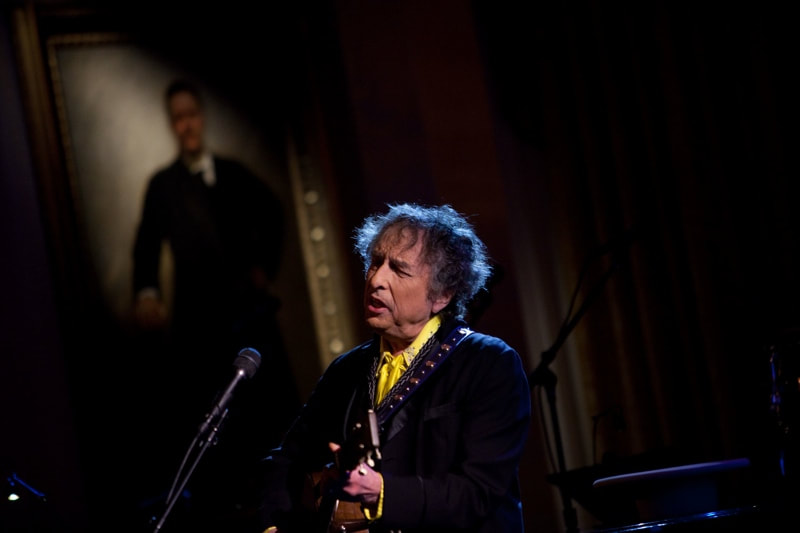

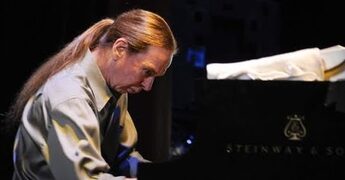
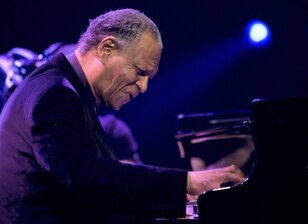
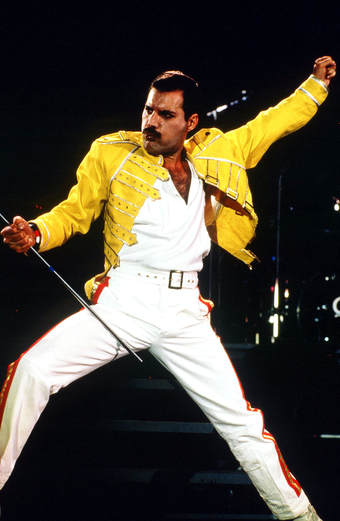
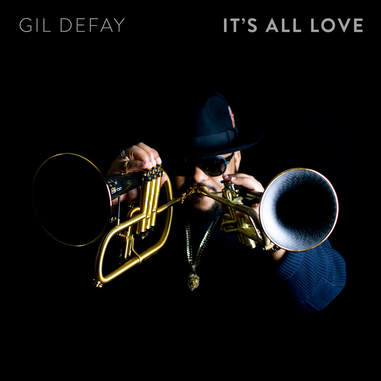
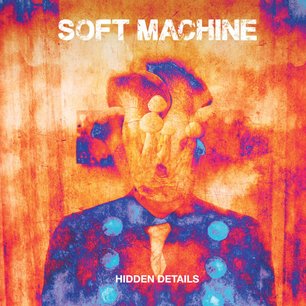
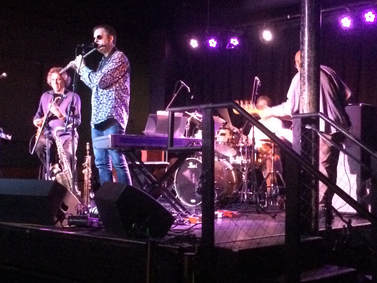
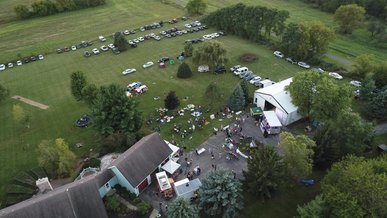
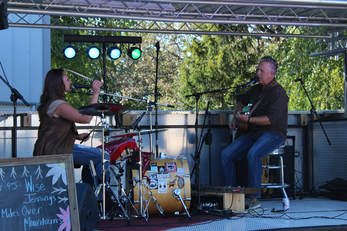
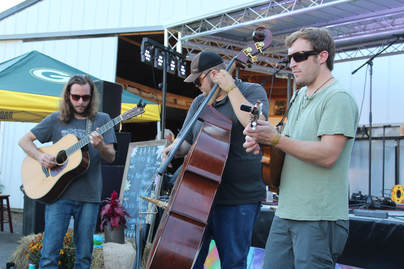
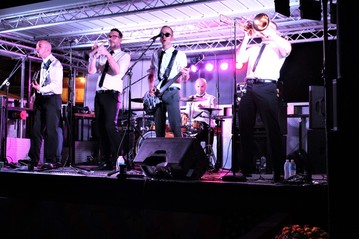
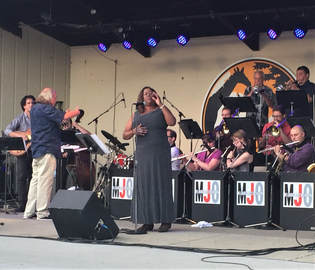
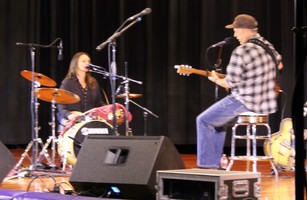
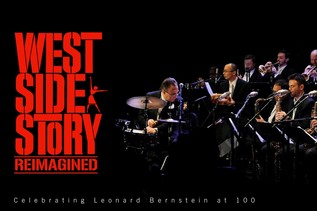
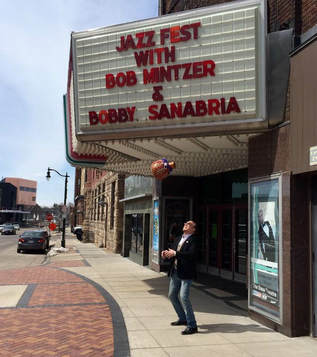
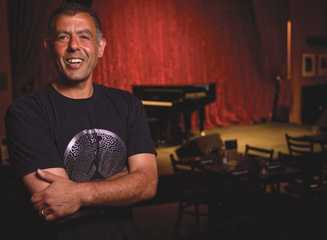
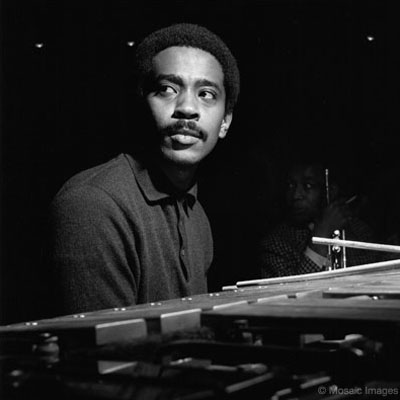
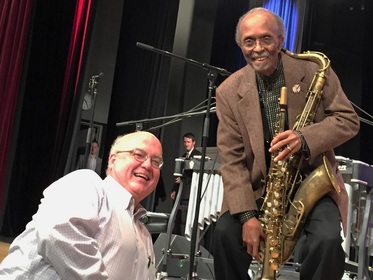
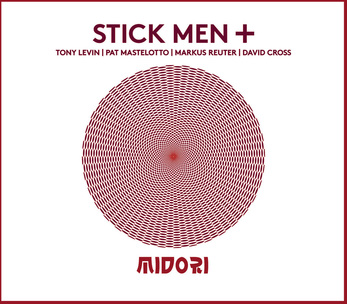
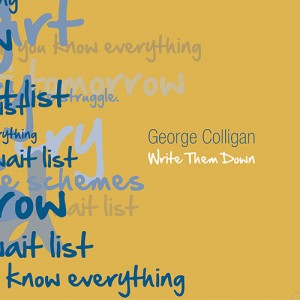
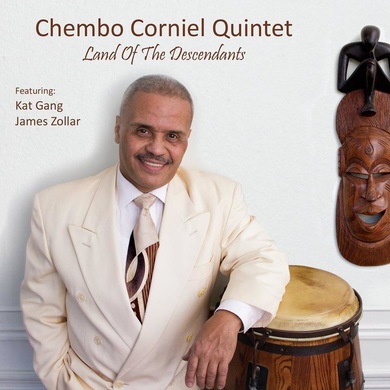
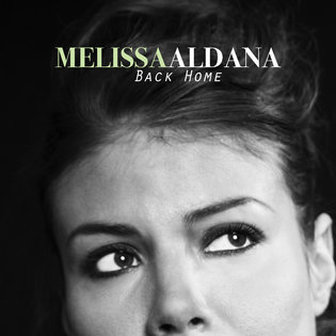
 RSS Feed
RSS Feed
